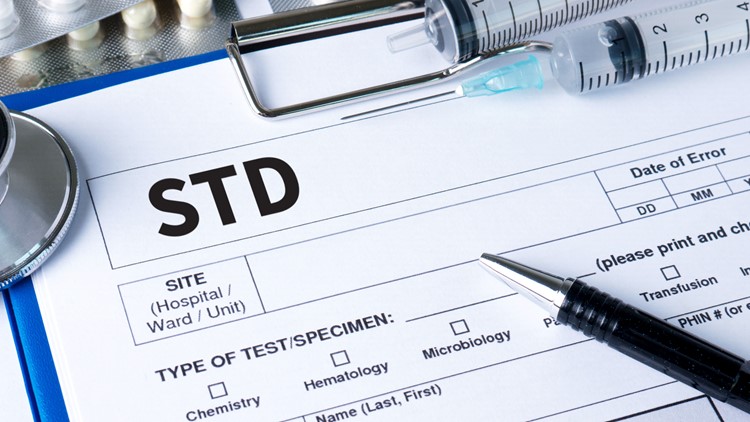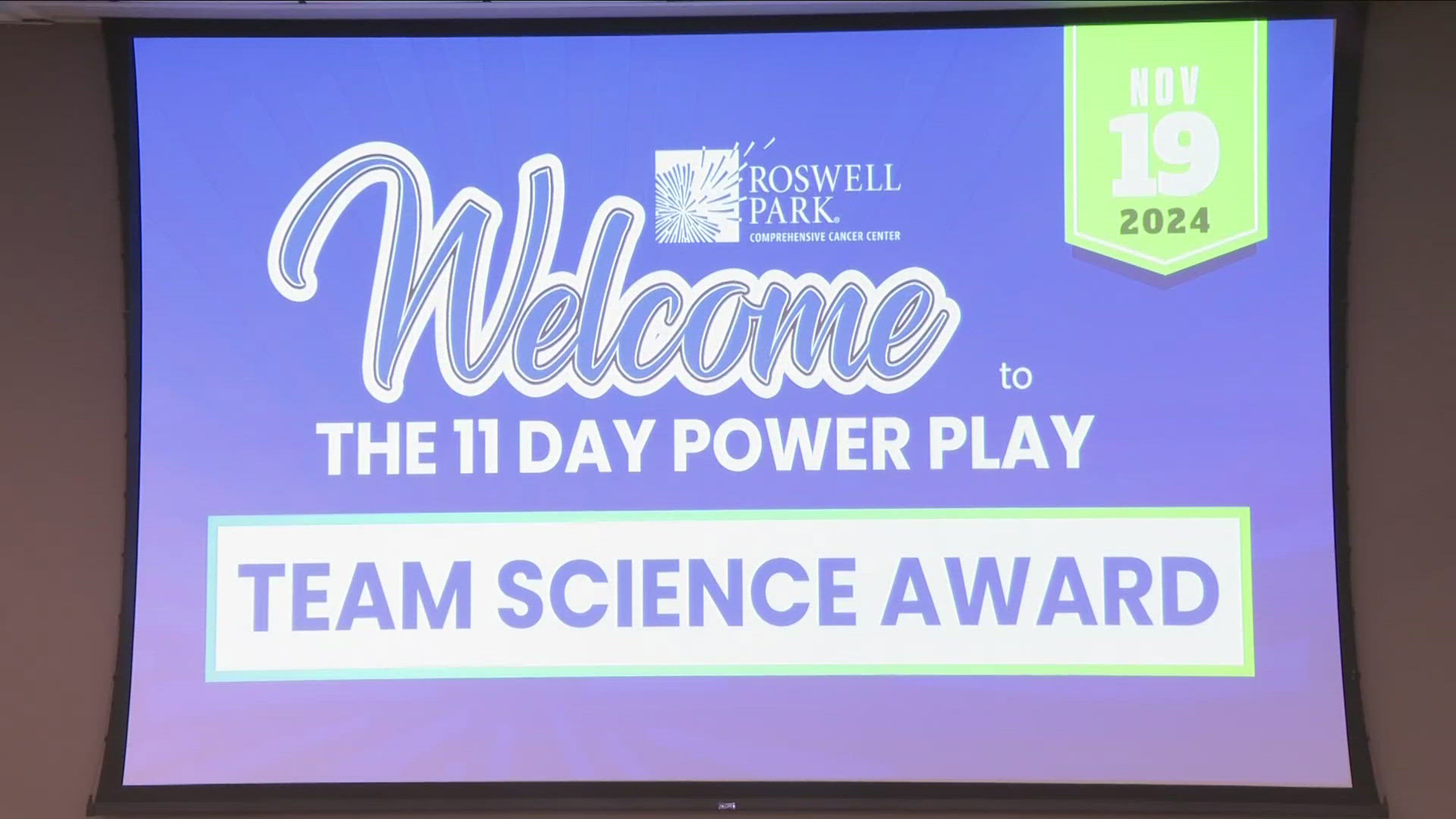BUFFALO, N.Y. — The Erie County Department of Health is providing information about sexual transmitted infections (STI) due to an increase of cases in Erie County.
The county says there has been 'notable growth' of certain STIs and is encouraging people to get tested and treated.
Gonorrhea cases reported in Erie County increased 56% from 2019 to 2020. Officials say that while chlamydia cases have dropped slightly, there are chlamydia symptoms and people may not get tested.
Health officials say the 14215 and 14211 areas had the greatest number of reported gonorrhea and chlamydia cases in 2021. The age range of with the highest number of reported cases is adults 20-29 years old.
In response to the increase in STI cases, the health department is expanding their Every Person Treated (EPT) program, which provides prescription treatment to partners who have been diagnosed with chlamydia, gonorrhea or trichomoniasis.
"After screening by one of our public health nurses, they can receive fast and free treatment, either through the mail or for pickup from our clinic at 608 William Street," said Commissioner of Health Dr. Gale Burstein in a released statement.
Health officials say about one in five people in the United States has an STI. Symptoms of STIs include pain your abdomen, rectum or testicles. They can also cause infertility.
"Sexual health is an important part of overall health, and our department’s Sexual Health Clinic is here to support that aspect of personal health," said Dr. Burstein. "STI treatment is a secondary prevention strategy, and to expand access to this treatment, we created a new phone line – (716) 858-4EPT. This number and associated web site (www.erie.gov/EPT) are specifically for people who have been exposed to an STI."
Dr. Burstein says if STIs go untreated, you could risk getting or transmitting HIV. Lack of treatment can also lead to miscarriages, premature labor, low infant birth weight and could be passed on to the baby.
The Erie County Sexual Health Clinic located at 608 William Street is open weekdays and offers testing, treatment and education for residents age 12 and up. All testing is confidential and no one will be denied testing or treatment based on their ability to pay. You can call (716) 858-7687 for more information or call (716) 858-4EPT to access EPT.



